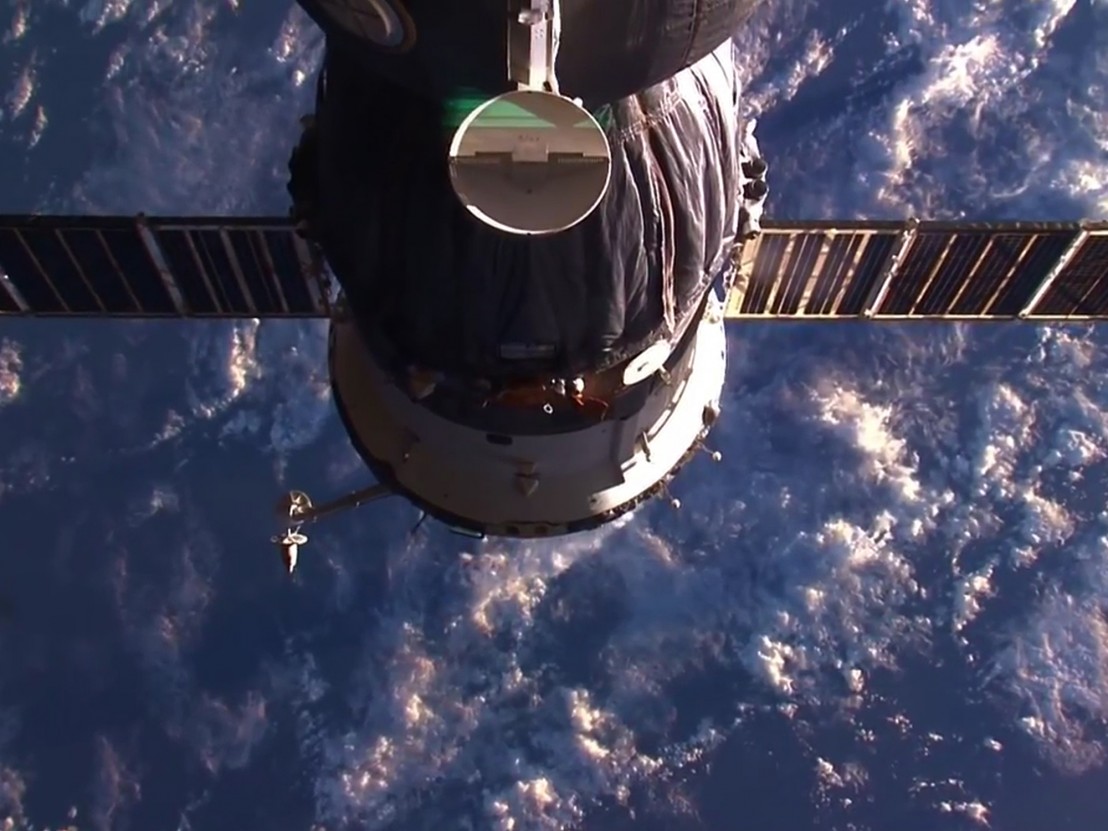
How close are we to seeing attack ships on fire off the shoulder of Orion? Or C-beams glitter in the dark near the Tannhäuser Gate? According to the intrepid but disarmingly lackadaisical Ben Ferguson, host of this fascinating new video by Motherboard and travel tool KAYAK.co.uk, not very close at all.
Those yearning to dance weightlessly amid the stardust will have to fork out close to $150 million to be able to hop onto one of Earth’s fledgling outer space voyages. And if that number sits a little uneasily within the realms of the financially impossible, rest easy: you could venture into the great beyond for the bargain price of just $50 million. Eep…
So yes, space travel is strictly the preserve of the One Per Cent and get-rich-quick ponytailed eccentrics, though the option of simulating space travel in an aircraft which is fondly referred to as the “Vomit Comet” is most definitely within the grasp of the common man. Yet if that burning desire cannot be extinguished, and amateur rocket building has proven too technically complex, then there is another way: watching movies.
Ridley Scott’s The Martian premiered at the 2015 Toronto International Film Festival. In it, an astronaut played by Matt Damon is stranded on Mars by his colleague when a violent storm front sweeps in. He is forced to innovate in order to survive on the Red Planet. Within his functional domicile, he begins to grow food, recycle the air and water, and the film – as its poster advertises – is about the various Earthbound efforts to “Bring Him Home”.
What was fascinating about the reaction to The Martian is that a number of the audience members who saw it thought that it was a true story. The way the film is presented, in addition to the simple logic of how Damon’s character was able to prolong his lifespan, lent the film a humane edge and made the struggle feel relatably banal. During post-screening discussions about the film, the point had to be emphasised that this was a fictional film based on the 2011 novel by Andy Weir – a work which, to avoid confusion, is suffixed “A Novel”.
Couple this simple story of against-the-odds survival with the awe-inspiring, experientially-inclined technical innovations of something like Alfonso Cuarón’s 2013 film Gravity, and suddenly the thought of dropping $150 million when you could spend $15 becomes the rational thing to do. And if you can cast your mind back to Joe Dante’s superlative, nostalgic 1985 feature, The Explorers, remember that if you do manage to make it past the stratosphere in a pod made from old washing machine parts, then it’s likely that all you’ll find is a bunch of dullard aliens fixated with jive and bad cartoons. Maybe best to just stay indoors.
This video was made possible by kayak.co.uk
Published 9 Dec 2015

How close are the movies to the realities of a mechanised future? KAYAK and Motherboard investigate.